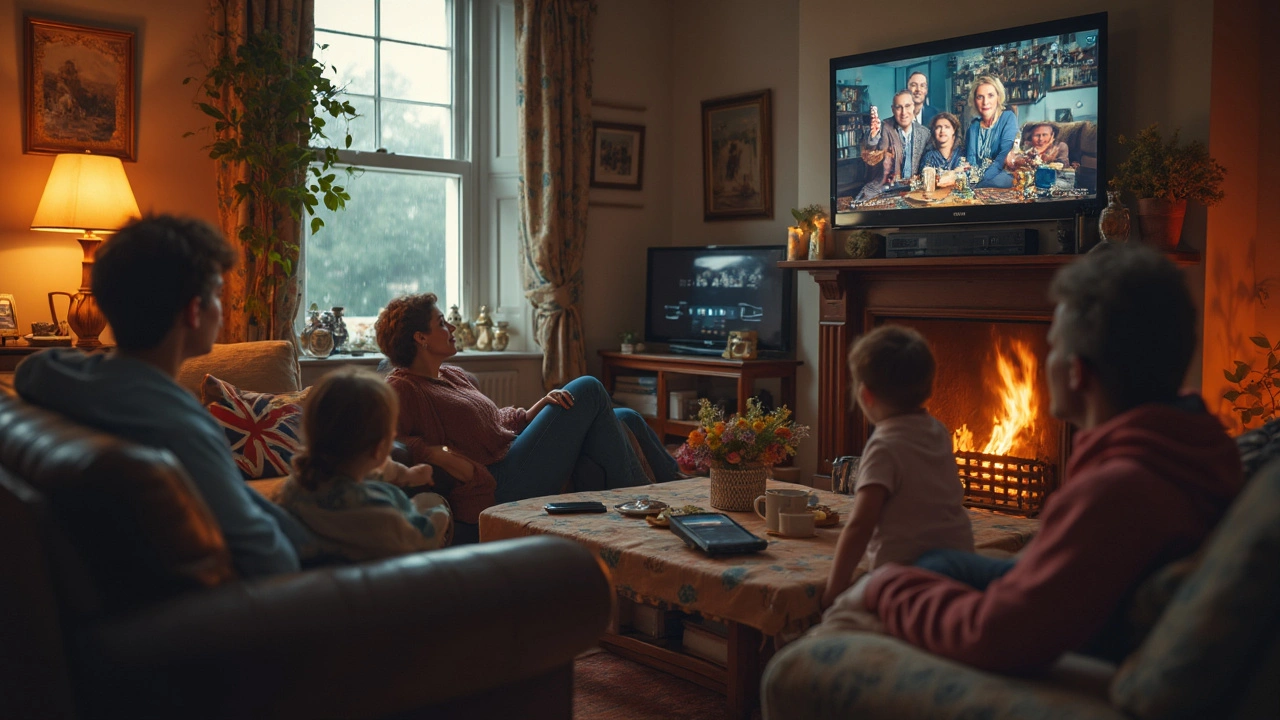BBC Ownership: What It Means for You
The BBC isn’t owned by a private company or a single person. It’s a public service that lives off the TV licence fee paid by millions of UK households. That fee funds everything from news to drama, so the broadcaster answers to the public, not shareholders.
But who actually runs the BBC? The answer lies in a handful of bodies that keep the corporation independent while still being accountable. The biggest player is the BBC Board, which sets the overall strategy and makes sure the licence money is spent wisely. Below the Board sit the BBC Trust (now replaced by the BBC Board of Trustees) – a group of appointed experts whose job is to protect the BBC’s public‑service mission.
How the Licence Fee Works
Every home, business or organisation that watches live TV or streams BBC iPlayer content pays a licence fee – currently around £159 per year. This fee goes straight into the BBC’s central fund, not any private pocket. The government sets the level of the fee and decides how it’s collected, but it can’t tell the BBC what stories to run or which programmes to produce.
This separation is key: the BBC can critique government policy without fearing a loss of funding, because its money comes from the public, not the state’s budget. The fee also means the BBC doesn’t rely on advertising, so it can focus on quality over clicks.
Board, Trustees and Political Influence
The BBC Board is appointed by the government, but members are chosen for their expertise, not party loyalty. After a public recruitment process, the government recommends candidates to the monarch for formal appointment. This mix of political appointment and merit‑based selection aims to keep the BBC balanced.
Still, controversy pops up now and then. Critics argue the appointment process can let political leanings sneak in, while others say the licence fee is outdated in a streaming world. Regardless, the governance structure is designed to give the BBC a clear line of sight to its audience, not to any commercial owner.
Understanding BBC ownership helps you see why its news feels different from private outlets. It’s not about profit; it’s about serving the public interest. That means more investigative journalism, diverse programming, and a duty to represent all corners of the UK.
So, the next time you hear a debate about the licence fee, remember that the money you plug in goes straight to a broadcaster that answers to you, not a boardroom full of investors. The BBC’s ownership model is built around independence, accountability, and a single goal: keep Britain informed and entertained.

Who Owns the BBC in Britain? The Full Story Behind Public Broadcasting
People in Britain can't escape the BBC—it's on your TV, radio, and even your phone. But who actually owns it? The BBC isn’t a private company or run by the government in the usual sense; it's funded by the public. This article unpacks who really controls the BBC, how it gets its cash, and why it matters to everyone who lives in the UK. You'll discover some odd facts about how it runs and get tips for dealing with the TV licence.
READ MORE